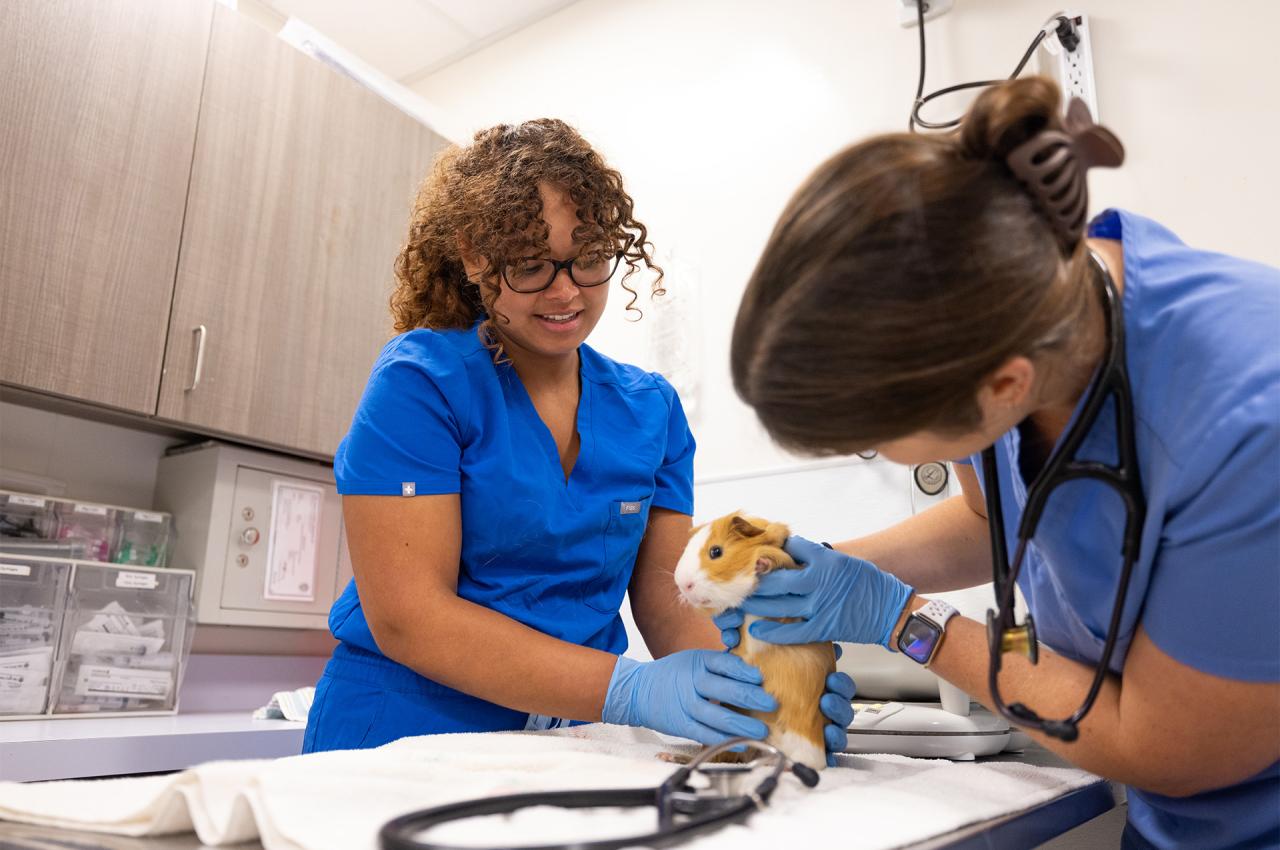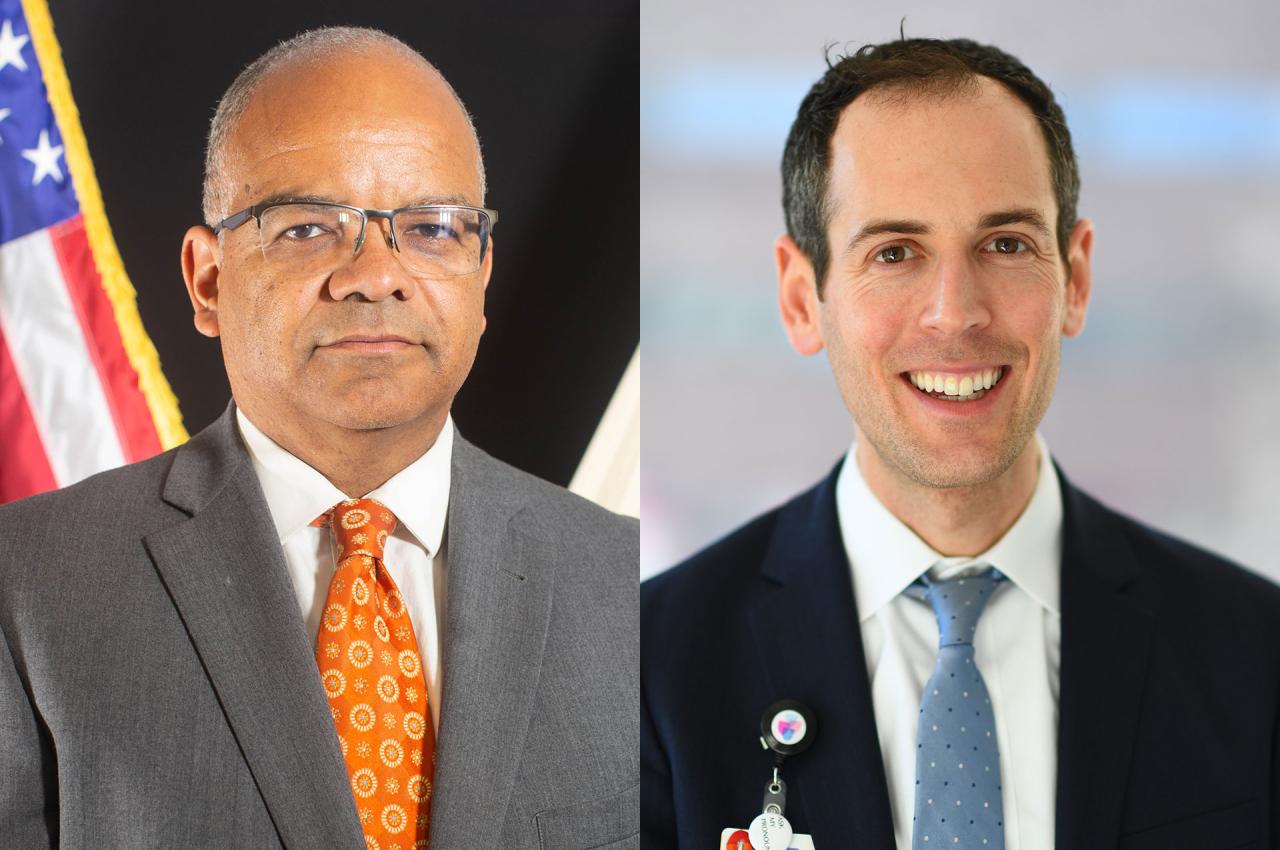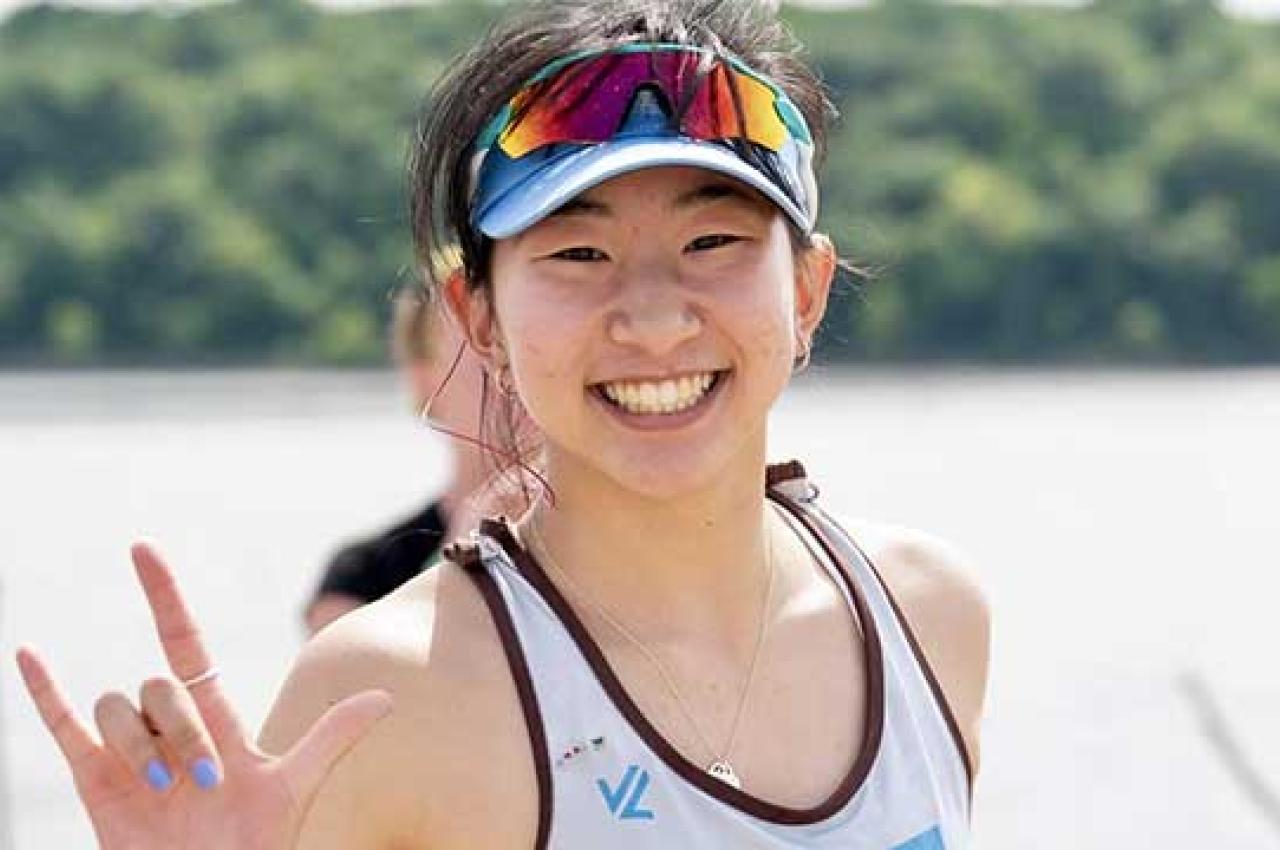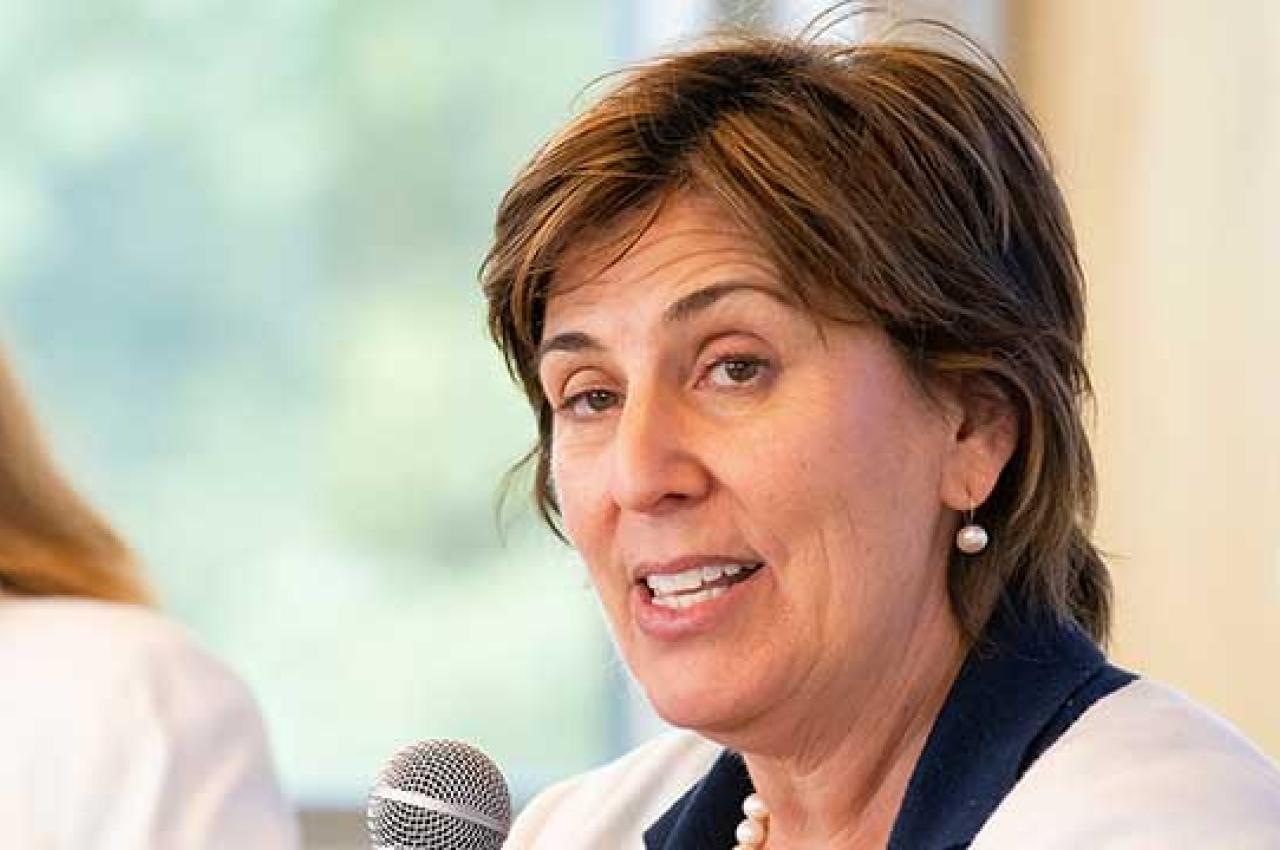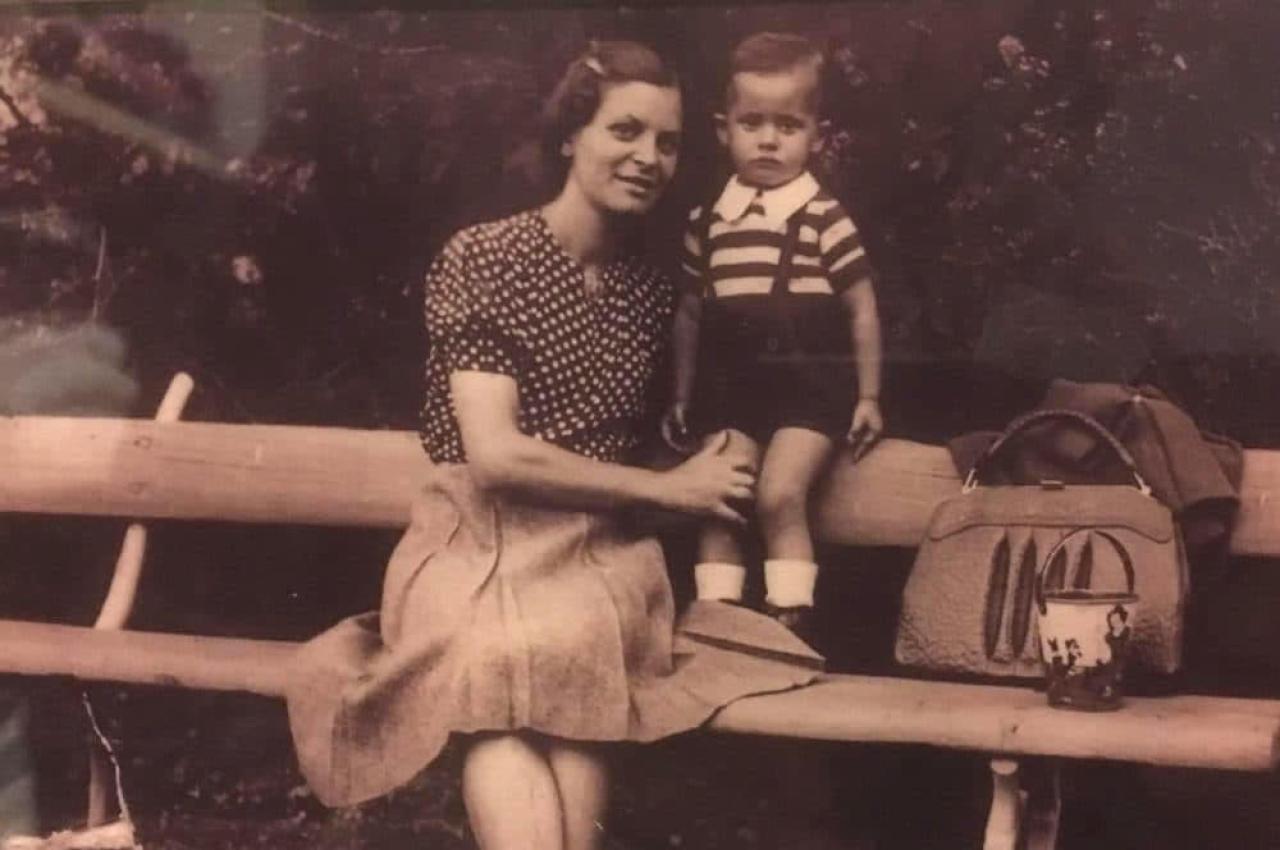20 Years of Tisch Summer Fellows
Amira Al-Subaey, A19, knew she wanted a career that allowed her upward mobility, but during college she found it hard to locate a paid summer job that aligned with her goals of building a better world.
“That was a fork in the road that I was often faced with: Do I find something that’s actually able to pay my bills? Or do I pursue my passion and forego any type of payment?” she said. “It felt like a really impossible choice until I found Tisch Summer Fellows.”
For more than two decades, the Tisch Summer Fellows program of the Jonathan M. Tisch College of Civic Life has been placing Tufts students in fully funded internships, giving them real-world work experience in fields that value community and democracy.
More than a thousand Tufts students have taken part in the program, spending summers working in community-based nonprofits, government agencies, the offices of elected officials, schools and arts organizations, and other mission-driven workplaces.
From the start, the fellowships have included a living stipend funded by philanthropy to Tisch College. These stipends offer a dual benefit: ensuring that this opportunity is within reach for all Tufts students and allowing non-profit and government organizations to hire and support full-time interns.
Mindy Nierenberg, the former senior director of programs at Tisch College, helped create the fellowship in 2004. She said the initiative was designed to address unequal access to high quality, meaningful internships, the kind that were “usually unpaid and secured through connections.” For some students, an unpaid internship—if they knew how to find one—was out of the question.
Elijah Mensah, AG24, right, who earned a master’s in environmental planning and policy, spent his fellowship at the Madison Park Development Corporation, where he worked with Intiya Ambrogi-Isaza, vice president of real estate. Photo: Paul Rutherford
“I saw many students with low socioeconomic status and first-generation backgrounds doing minimum-wage jobs over the summer, which would not give them the same benefits for career growth as interning in a senator’s office,” she said. “We wanted to take this relatively small step to level the playing field.”
In its first year, the program placed 12 students at internships in Somerville, Massachusetts. The program included (as it still does) an orientation, meet-ups for the fellows to get together, and a closing event. There are also opportunities to hear from speakers and meet with alumni mentors.
“The way students make connections with the speakers and the alumni mentors—it’s a fantastic way to build a network,” said Jenna Logue, Tisch College’s senior program manager, who supports the fellowships today.
Over the years, with the help of alumni volunteers and donors, the program expanded to other locations, notably Washington, D.C., New York City, rural Maine, and Providence, R.I. Students have completed fellowships at dozens of locations, from the Boston Chinatown Neighborhood Center to the Brooklyn Children’s Theatre to the Mystic River Watershed Association. The program continued even during the height of the pandemic, when 149 students worked virtually.
“This program’s tremendous track record of impact is evident in the transformational experiences of our students, the civic direction of their future careers, and the trusted, collaborative relationships with our community partner organizations,” said Dayna Cunningham, the Pierre and Pamela Omidyar Dean of Tisch College.
Here are three alumni who credit their Tisch Summer Fellowships with having a big influence on their careers.
Amira Al-Subaey, A19
In the summer of 2018, Tisch matched Amira Al-Subaey to a fellowship at the Massachusetts Immigrant and Refugee Advocacy (MIRA) Coalition, where she had the chance to work in many different departments—from legal to community organizing to public policy.
“It opened my eyes to the breadth of work that I could be doing as a career after college,” she said. “And it made things very tangible for me: What does organizing look like as a 9-to-5 job?”
Eager to continue her work with MIRA, she sought and received another fellowship with the group. When she graduated, she joined MIRA full-time as membership coordinator. To her delight, part of her job was managing the student internship program.
Al-Subaey went on to work at Wide Eye, a creative agency that does branding and website design and development for social impact organizations. Now she’s a program manager at VML, an international marketing and communications company.
Charlie Zhen, A19
Charlie Zhen’s fellowship was in his hometown of New York City, working for United Community Schools, a nonprofit focused on bringing resources to schools that was housed within the city’s teacher’s union. His tasks included everything from drafting social media content to responding to questions from the governor’s office to prepping materials for a meeting with the Office of the Brooklyn Borough President.
The financial support was critical to him, he said, but so was the support of his peers.
“The program draws a certain kind of person who really values the civic engagement,” he said. “We would all meet every few weeks to talk about our fellowships, talk about what we were learning. It was interesting to not only get a perspective of the one organization you were at but to see what other people were working on.”
The internship gave him a better understanding of the city he grew up in.
“I got to see how nonprofits, labor, governments, and elected officials all come together to impact people at their schools, in their communities, in their neighborhoods,” he said. “And that exposure made me realize that I was really interested in this and put me on a path to becoming a public servant.”
Today, he’s the manager of community engagement at New York’s Metropolitan Transportation Authority, and he looks back on his internship as pivotal.
“It helped me understand all the different levers and systems that work to make New York City run for everyday New Yorkers,” he said. “And now, I get to be part of it.”
Elizabeth McKay, A14
Elizabeth McKay wanted a career that would contribute to the greater good but didn’t know how to go about it. She was majoring in economics and political science, but no one in her family had worked in government or a nonprofit or a think tank before. “I wasn’t really sure where to start,” she said. And while she knew that Washington, D.C., would be the best place to find the kind of work she wanted, she also knew that “it would have been pretty difficult to take an unpaid internship in such an expensive city.”
So she was excited when she found the Tisch Summer Fellows program, which secured her an internship in D.C. with the Constitution Project. It was such a success that she applied to the fellows program again, this time for a post with an economics office at the Pentagon.
“They made me feel like I was doing the most important work in the world,” she recalled. “They gave me really meaty work to do, and they gave me the opportunity to be briefing it at senior levels. And so it really did feel like, ‘I’m actually having a real impact here. I’m not just around to bring someone coffee.’”
The environment was so supportive that a few years after graduating, she reached out to her former internship supervisor to get advice about graduate school. The response: Why not come work for us and we’ll pay for you to get your master’s degree? And she found herself happily back at the Pentagon.
In addition to her analyst job, she took on the role of internship coordinator, helping ensure many other Tisch Summer Fellows had the opportunity she did.
She spent more than seven years as senior operations research analyst at Office of the Secretary of Defense before joining the Office of Management and Budget as a senior program examiner earlier this year.
“This program is what got me where I am today,” she said. “I would not be in the career that I’m in if I hadn’t had this experience.”
Latest Tufts Now
- Tufts Connections With Two Key Massachusetts Health Leadership RolesSchool of Medicine community members now lead both the Commonwealth’s Executive Office of Health and Human Services and Department of Public Health
- New 3D Tissue Model May Speed Better Therapies for FibrosisLab-grown skin captures the complexities of real disease to develop more effective treatments for scleroderma and other life-threatening conditions
- ‘Don’t Fall for FOMO’An undergraduate peer advisor on life as an international student
- How a Small-but-Mighty Coxswain Leads Tufts Women’s RowingCoxswain Hannah Jiang, A26, shares what it takes to lead the women’s rowing team, and how the Jumbos won two consecutive NCAA Championship titles
- New Approach to Alternative Energy Sources for College CampusesAt Tufts, state officials, higher education representatives, and energy experts highlight new regulations that could improve access to geothermal energy and lower costs for all
- I Protected My Children From Our Holocaust History. But Then They Grew UpIn Serbia’s capital, my daughter and I learned side by side about my father’s wartime experience—and our family’s heartbreak



